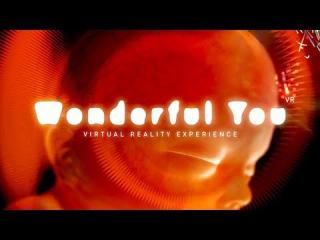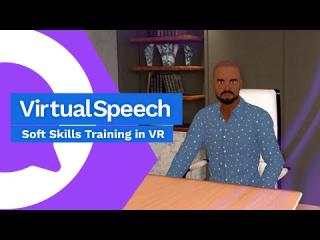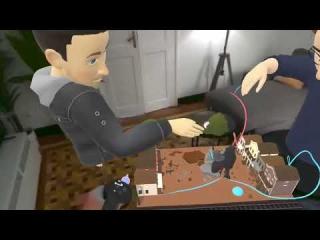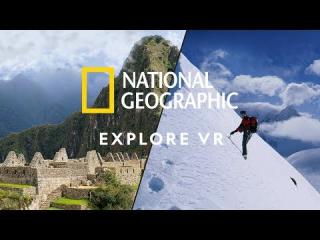Division of Information Technology
Digital Innovations Studio
Supporting Education with Virtual Reality Experiences
The Division of Information Technology Digital Innovations Studio provides the latest in Virtual Reality (VR) technology to Coppin State University students.
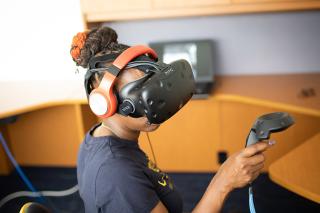
What is Virtual Reality?
Virtual reality (VR) is an immersive technology that utilizes computer-generated simulations to create lifelike experiences in a virtual environment. By wearing VR headsets and interacting with specialized equipment, users are transported into simulated worlds where they can explore, manipulate objects, and engage with realistic scenarios. In our to Digital Innovation Studio, we provide cutting-edge tools and resources that enable students and faculty to delve into immersive learning experiences, enhancing education and research in unprecedented ways.
How do I get Started with Virtual Reality?
Faculty members interested in incorporating virtual reality into a course they teach are encouraged to set up a consultation with a full-time I.D.E.A team member.
Campus Usage
Many believe VR is for entertainment purposes; yet, VR has a powerful role in education. Instead of just reading a textbook or watching a video about a subject, students use VR to become fully immersed into a subject, making the experience more authentic and memorable. Their engagement leads to improved understanding and retention of complex concepts, greater preparation for real-world scenarios, and enhanced problem-solving skills. Field trips and exploration, visualization and conceptual understanding, and language learning are few of the hundreds of immersive experiences available through VR.
Dr. Dionne N. Curbeam, Interim Vice-President of Information Technology & CIO
Supporting Education with Virtual Reality Experiences
The Division of Information Technology Digital Innovations Studio provides the latest in Virtual Reality (VR) technology to Coppin State University students.
